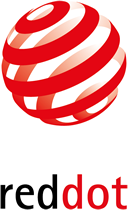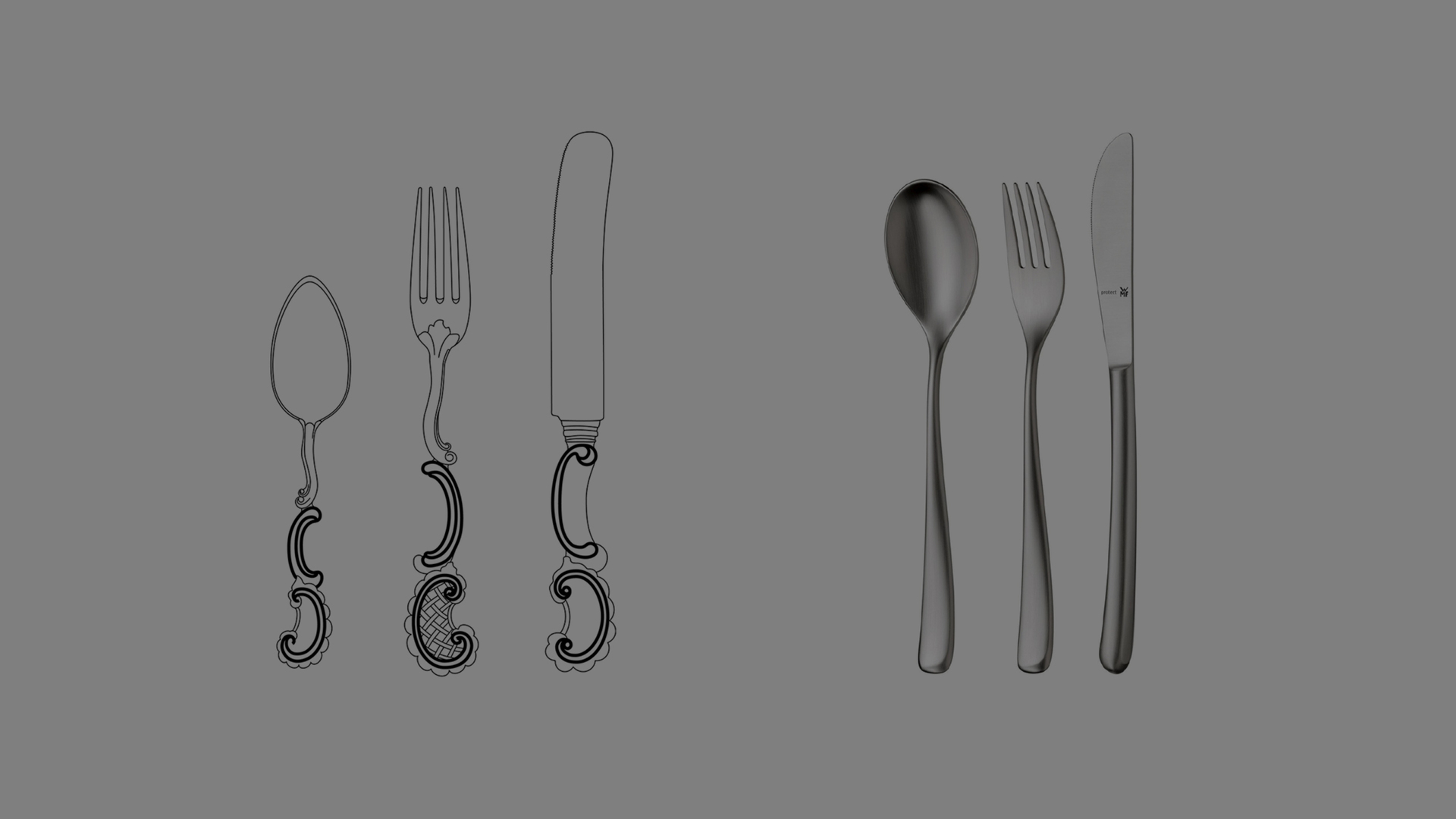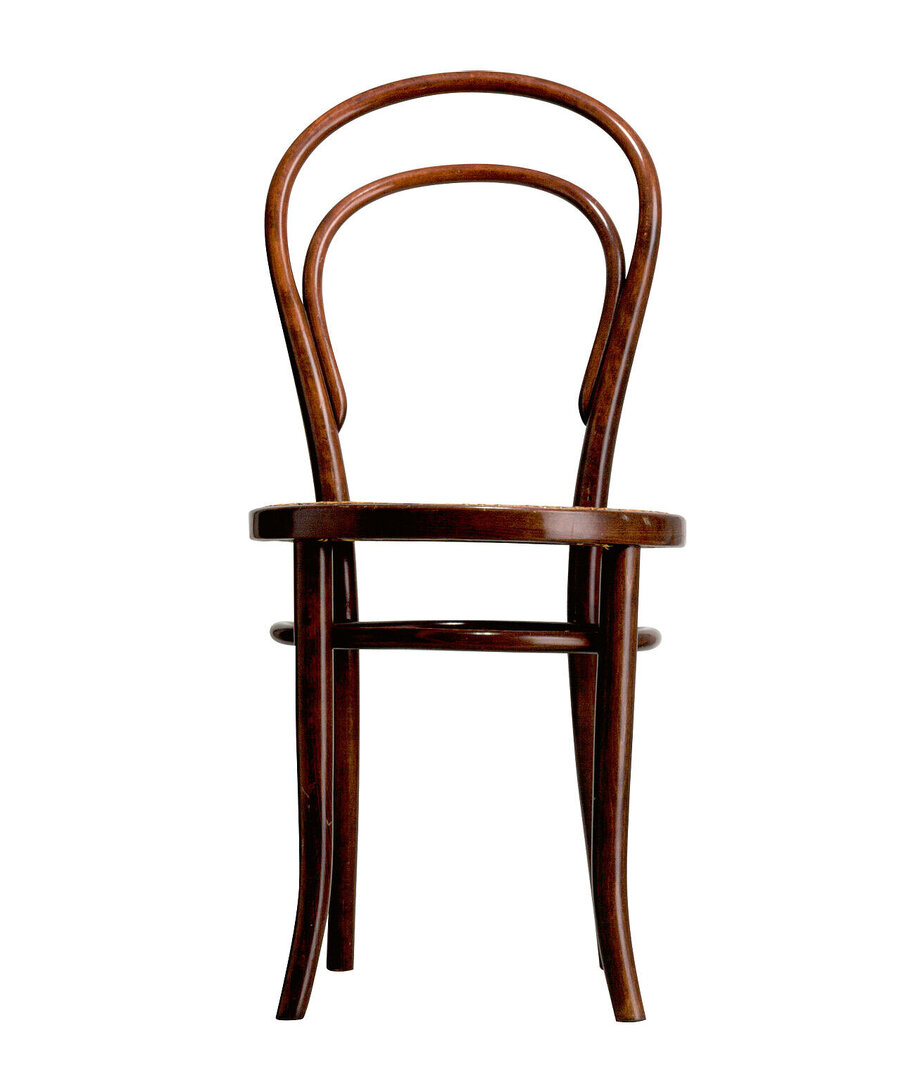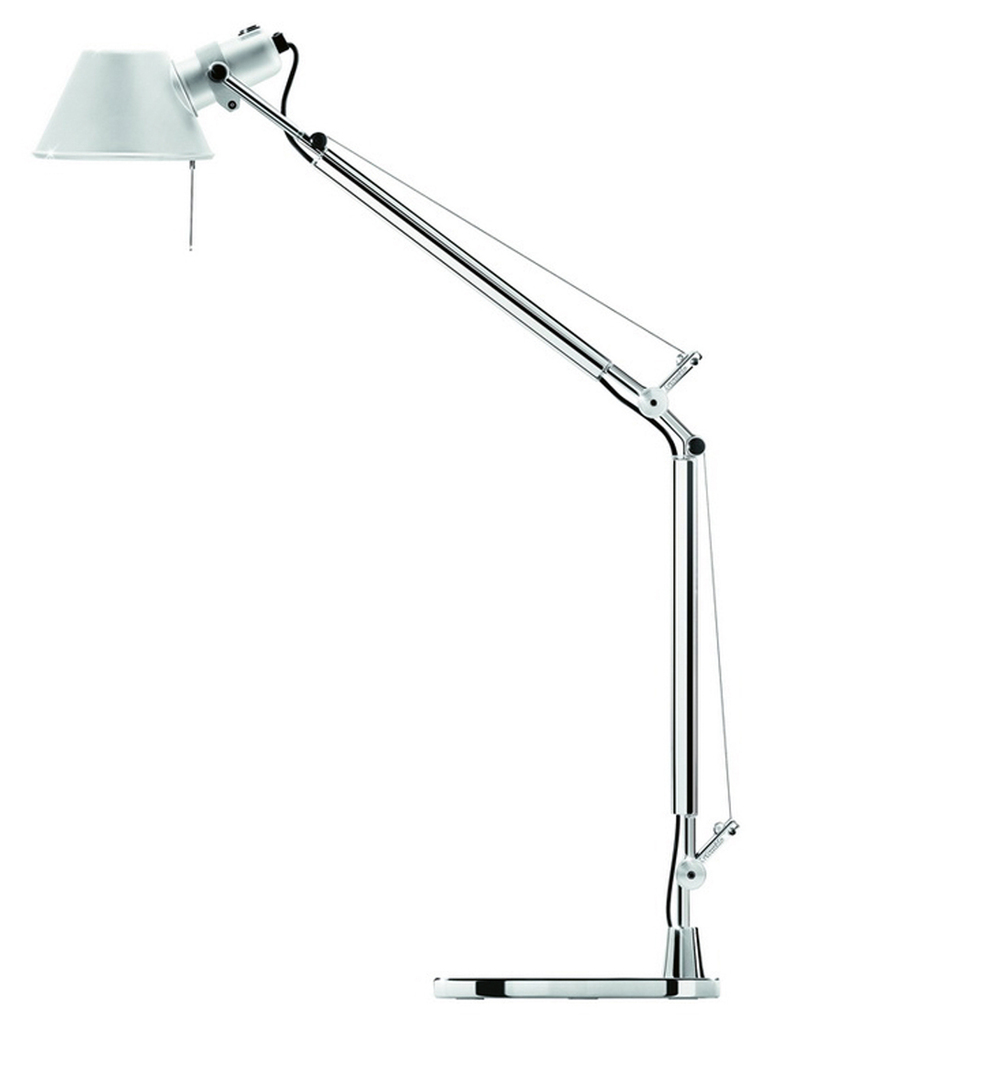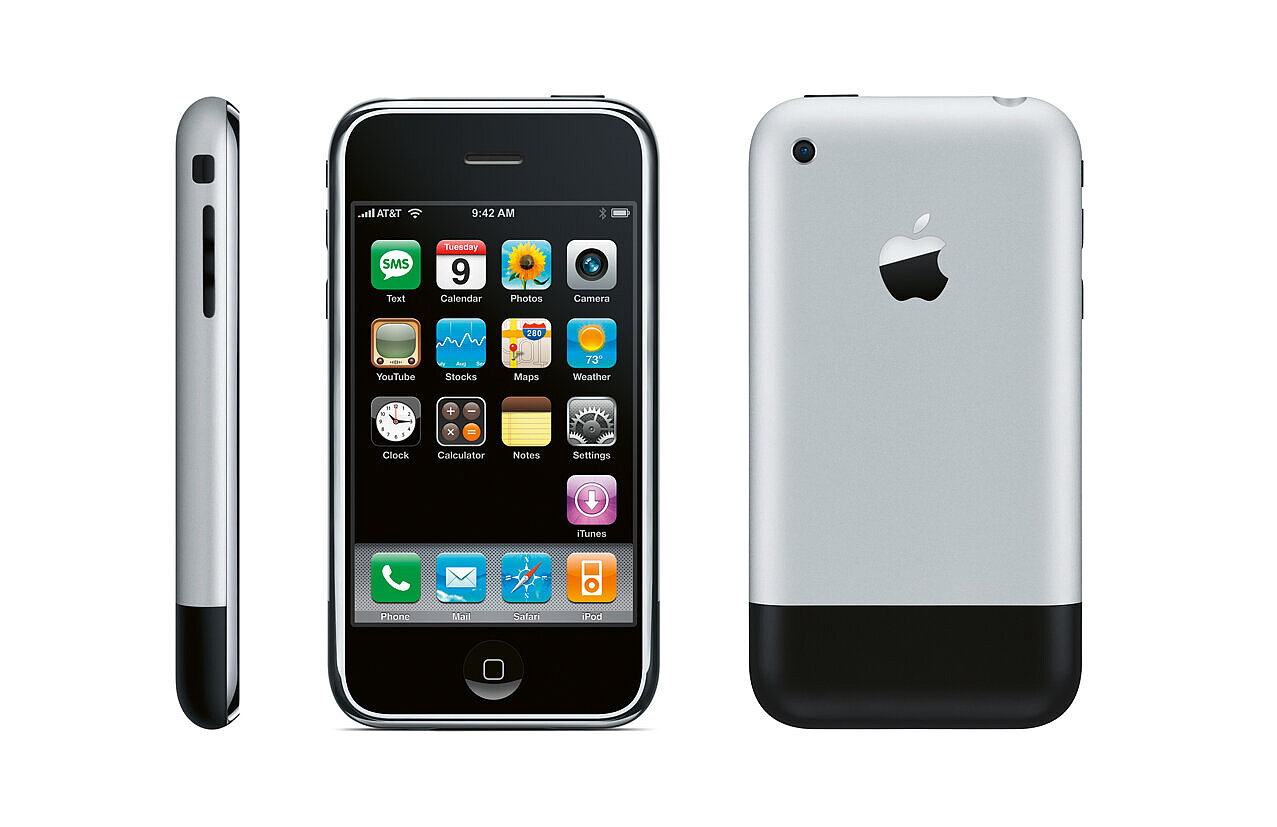“Less, but better”: exhibition “The Form of Simplicity” illustrates the principle of simplicity
In the age of digitalisation, in which products have numerous different functions, simplicity is more important than ever before. The greater degree of convergence of these functions goes hand in hand with increased complexity of use. This is why the simplification of products is a key universal principle in design, posing challenging tasks to creators. From 27 to 30 September 2018, Red Dot is presenting the exhibition “The Form of Simplicity. Good Design for a better Quality of Life” in the China International Exhibition Center in Beijing. True to the motto “Less, but better”, the roughly 150 exhibits on show exemplify how the principle of simplicity influences the form of products and helps to increase quality of life.
Exhibits illustrate development of the principle of simplicity
The exhibition, which is being held as part of the BIHD 2018, uses examples of selected design objects to demonstrate the design principle of simplicity and shows the transition in the form of various products that has taken place in design – from the baroque period, which was characterized by excess and ornaments, to the industrialization and Bauhaus with characteristic features such as flexibility, functionality and simplicity until today. The focus is on aspects such as the simplicity of form, function and use as well as their diversity and quality.
From furniture to lamps, cutlery, consumer electronics or bicycles, there are around 150 exhibits for visitors to discover. The products are compared with each other, thus unveiling the differences between historical and modern pieces and between handcrafted and industrially made products. Thonet’s “bistro or Viennes café-style chair”, Artemide’s Tolomeo lamp or Apple’s iPhone are just some of the impressive products that were key in shaping the evolution of simplicity. Products of Apple, for example, are designed with such uniform simplicity that we can identify them just by touching. The substantial simplicity of form and use are essential factors that make up the cult status of the products. Apple no longer has customers in the traditional sense, but a global fan community that blindly trusts in the quality of the products and thus also in their simplicity.
“Less, but better”
Against the backdrop of digitalisation and technical innovations that are becoming more and more complex, it is especially important to reduce things to the essentials. While the guiding principle “Less is more” played a central role in the Bauhaus era, nowadays designers have adapted this adage to “Less, but better”. This means that dispensing with the decorative embellishments of historicism and the resulting simplified language of form do not translate into reduced quality or comfort. Instead, they constitute an enrichment, thus making a vital contribution to improving quality of life.
Designers give progress a form
The application of the principle of simplicity should not be seen as the opposite of complexity, but as its successful design. Although products look much simpler nowadays than in the past, the effort involved for designers is far greater. That is because they now not only design the encasing for the technology but also the interfaces and apps. Thus, by radically simplifying products and processes, they give technical advancement a significant form.
Publication for the exhibition
The exhibition “The Form of Simplicity. Good Design for a better Quality of Life” will be accompanied by a publication with the same name (ISBN 978-3-89939-210-4) to be published on 27 September 2018 in the Red Dot Edition. The book will be released in English and Chinese and will be available online in the Red Dot Shop. It was written by Professor Dr. Peter Zec, founder and CEO of the Red Dot Award, and Burkhard Jacob, Managing Director of the Red Dot Institute.
The exhibition and the publication are realised on behalf of Beijing Easyhome Investment Holding Group Co. Ltd., Beijing, by Red Dot Projects Pte. Ltd, Singapore.
